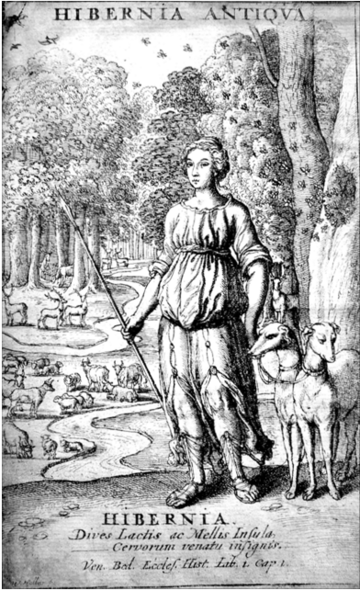Assistant Professor in Irish
Department of Irish and Celtic Languages
Trinity College Dublin
Closing date: 12 noon on 18 July 2022
The School of Languages, Literatures and Cultural Studies (SLLCS) warmly welcomes applications for a position of Assistant Professor in Irish based in Department of Irish and Celtic Languages. Successful candidate will join a dynamic team and will be a key member contributing to teaching and research excellence and innovation.
SLLCS is one of the largest of the twelve Schools in the Faculty of Arts, Humanities and Social Sciences and has some 80 staff in all, including full time academics, language assistants and lectors, part-time teachers, and professional staff.
School is made up of the Disciplines of French, Germanic Studies, Hispanic Studies, Italian, Irish, Near and Middle Eastern Studies, Russian and Slavonic Studies, the Centre for European Studies, the Centre for Medieval and Renaissance Studies, the Centre for Literary and Cultural Translation, and the recently established Centre for Global Intercultural Communications and Centre for Forced Migration.
The School enjoys a very high international reputation in its teaching and research and attracts highly qualified and motivated students from Ireland and internationally. Since their inception, it has consistently been ranked in the top 100 Modern Languages Schools in the QS subject rankings. It is currently ranked 59th in the world.
At Trinity, we are committed to equality, diversity, and inclusion. We are ranked 3rd in the world for gender equality (Times Higher Education Impact Rankings 2020) and we hold an Athena SWAN Bronze award, recognising our work to advance gender equality. The University is actively pursuing a Silver level award, which it has committed to achieving by 2025. Trinity is committed to supporting the work-life balance and to creating a family-friendly working environment. Trinity welcomes applications from all individuals, including those who may have had non-traditional career paths, those who have taken time out for reasons including family or caring responsibilities, and applicants with disabilities.
Trinity is an equal opportunities employer, and we encourage applications from talented people of all backgrounds to join our staff community.
Post status: 5 year, Tenure Track Contract*
Hours of Post: Hours of work for academic staff are those as prescribed under Public Service Agreements. Please see: http://www.tcd.ie/hr/assets/pdf/academic-hours-public-service-agreement.pdf
Salary: Appointment will be made on the Lecturer Salary Scale (109BN) commensurate with qualifications / experience and in line with Public Sector Pay Policy [€36,369 to €88,616 per annum] https://www.tcd.ie/hr/assets/pdf/monthly-academic.pdf
How to apply: Applicants should provide the following information when applying for the post:
A cover letter outlining how their experience makes them suitable for the role (1 A4 page max.)
- A comprehensive curriculum vitae, including a full list of publications
- The names and contact details (i.e. addresses, e-mail, etc.) of three referees
- A research plan summarising research to be carried out in the next two years (2 pages max.)
- A teaching statement (summarising teaching experience and approach – 2 pages max.
Note:
- Please note that ALL ESSENTIAL requirements MUST be met.
- Candidates who do not address the application requirements above will not be considered at the short list stage.
- Candidates should note that the interview process for this appointment may include the delivery of a presentation and may include a test of practical skills.
Please see the Job Description and application information below for this position.
Informal enquiries about this post should be made to Dr Eoin Mac Cárthaigh, Head of Irish and Celtic Languages (emaccart@tcd.ie).
Application queries about this post, please email Frederique Roy-Boulet royboulf@tcd.ie and include the Competition ID number in the subject heading.
*This position is a Tenure Track position which is 5-years in the first instance. Permanency is subject to satisfying the tenure requirements.



